17 Best Alcohol and Drug Rehabs in Fort Wayne, IN 2025
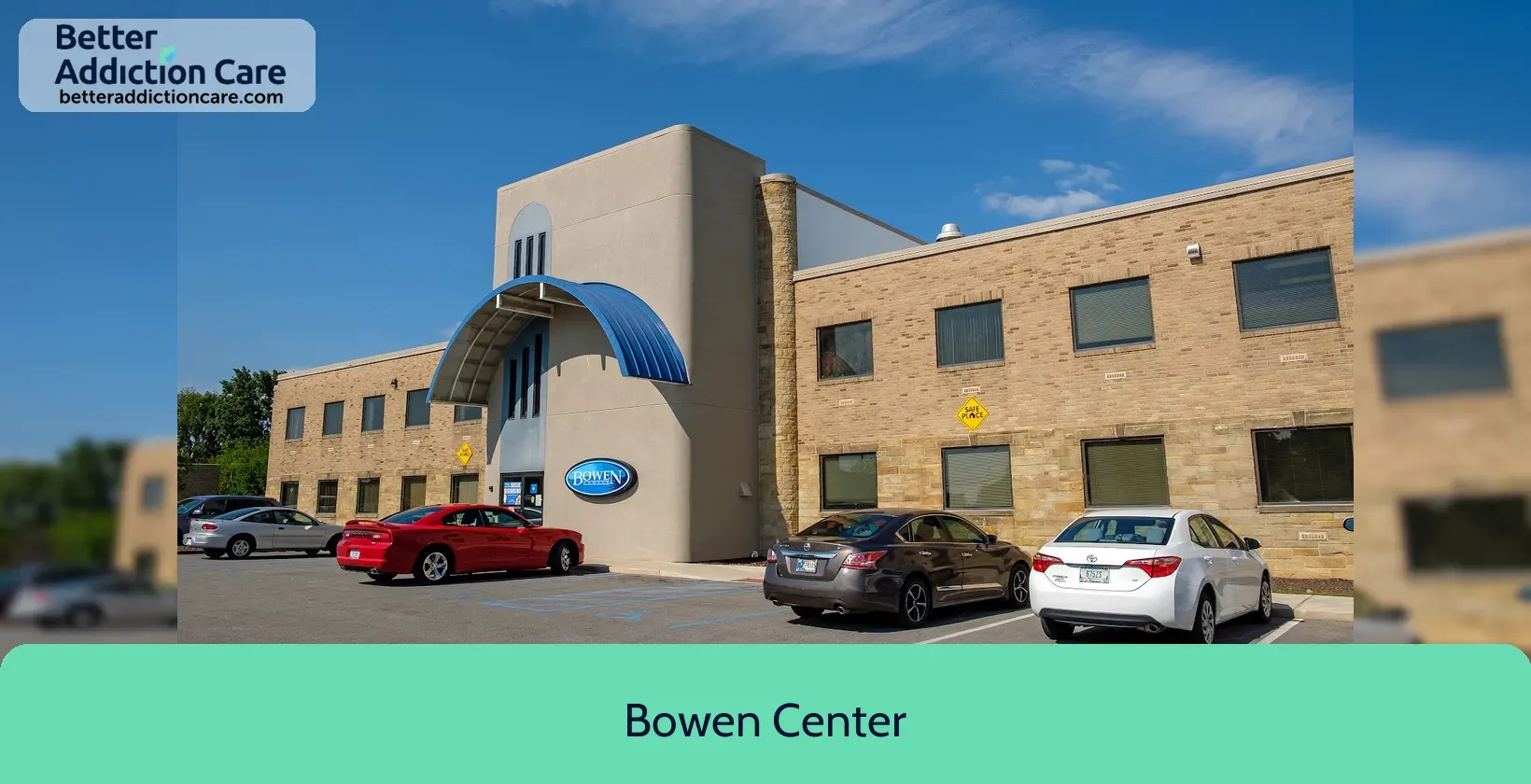
7.52
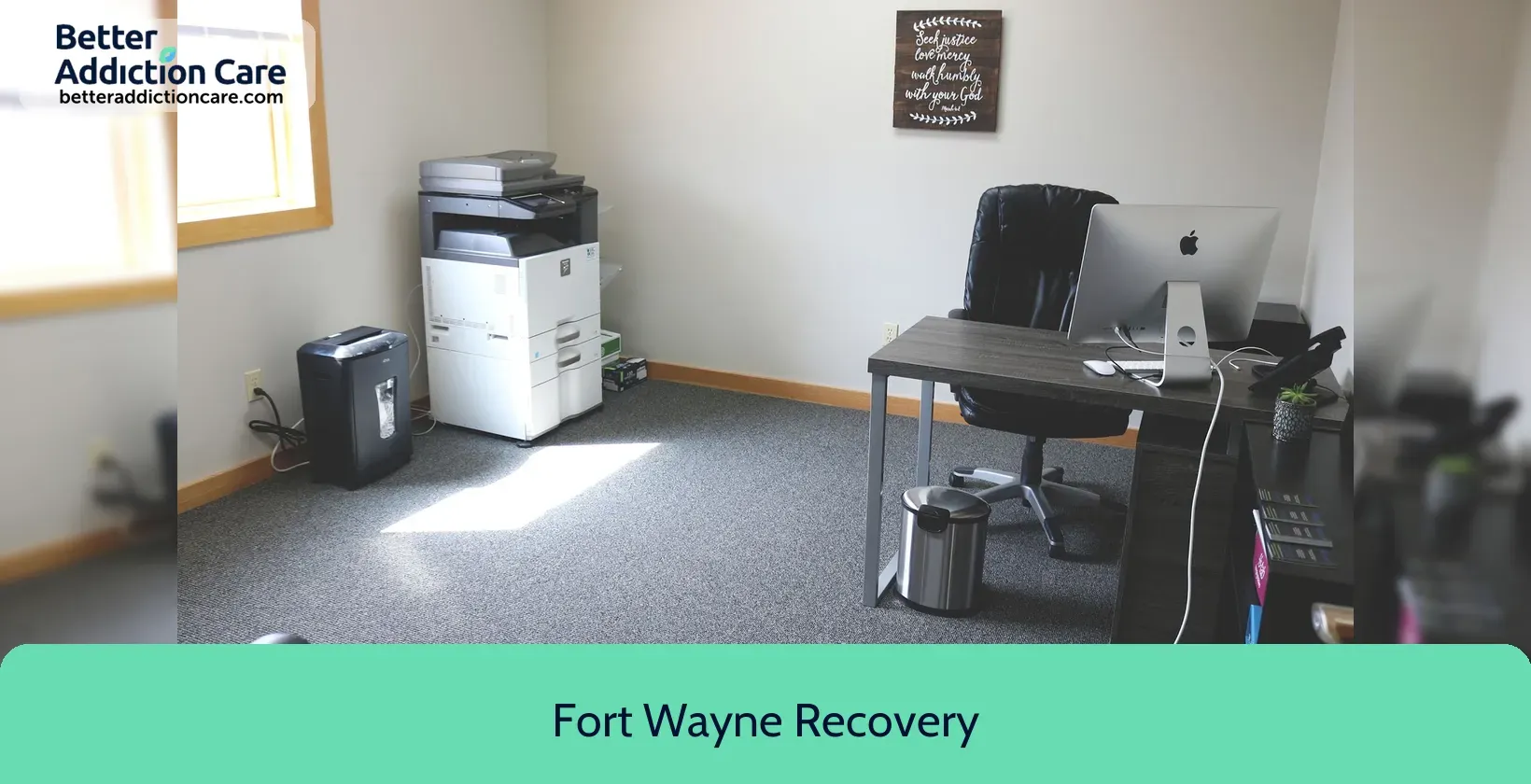
7.11
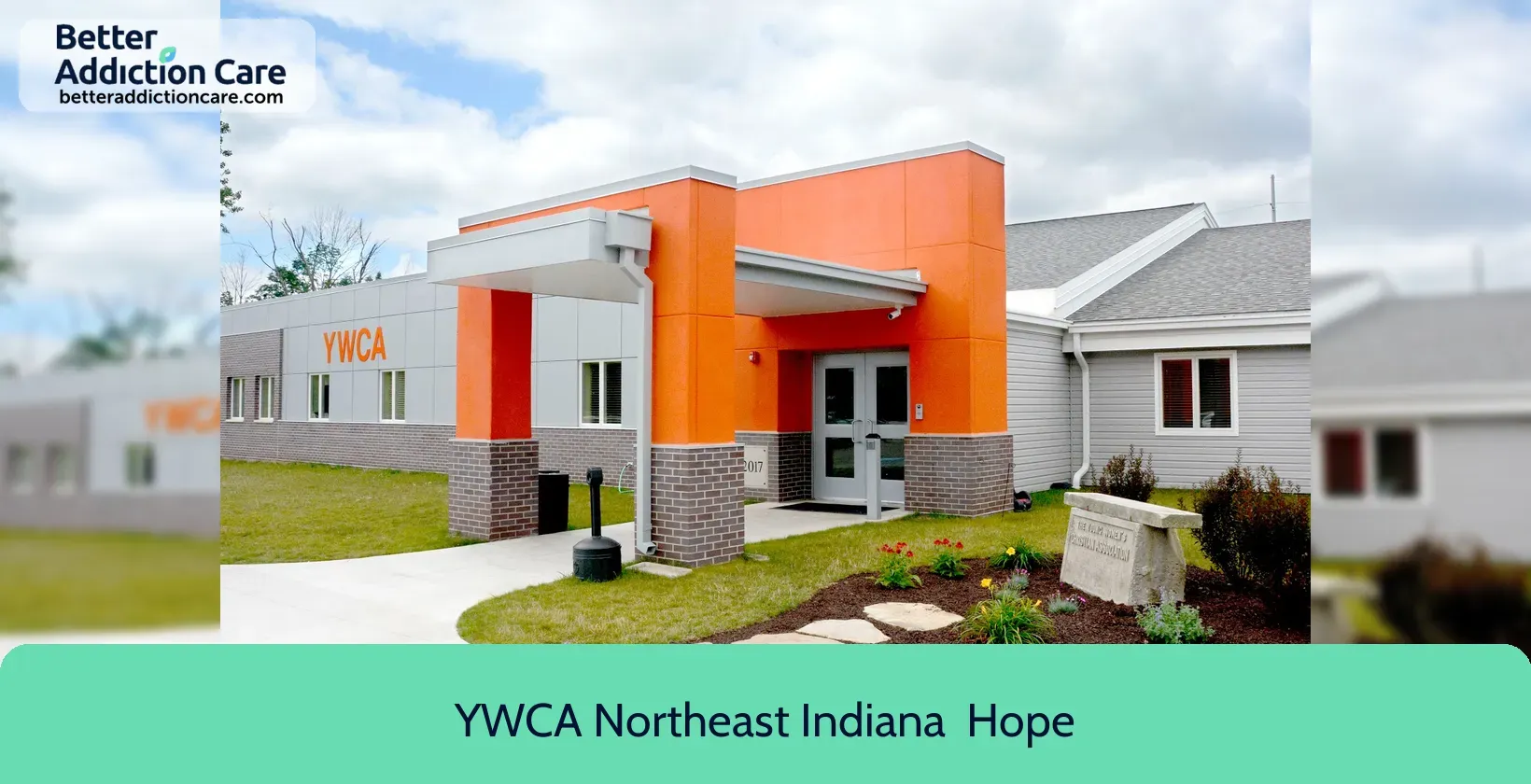
6.77
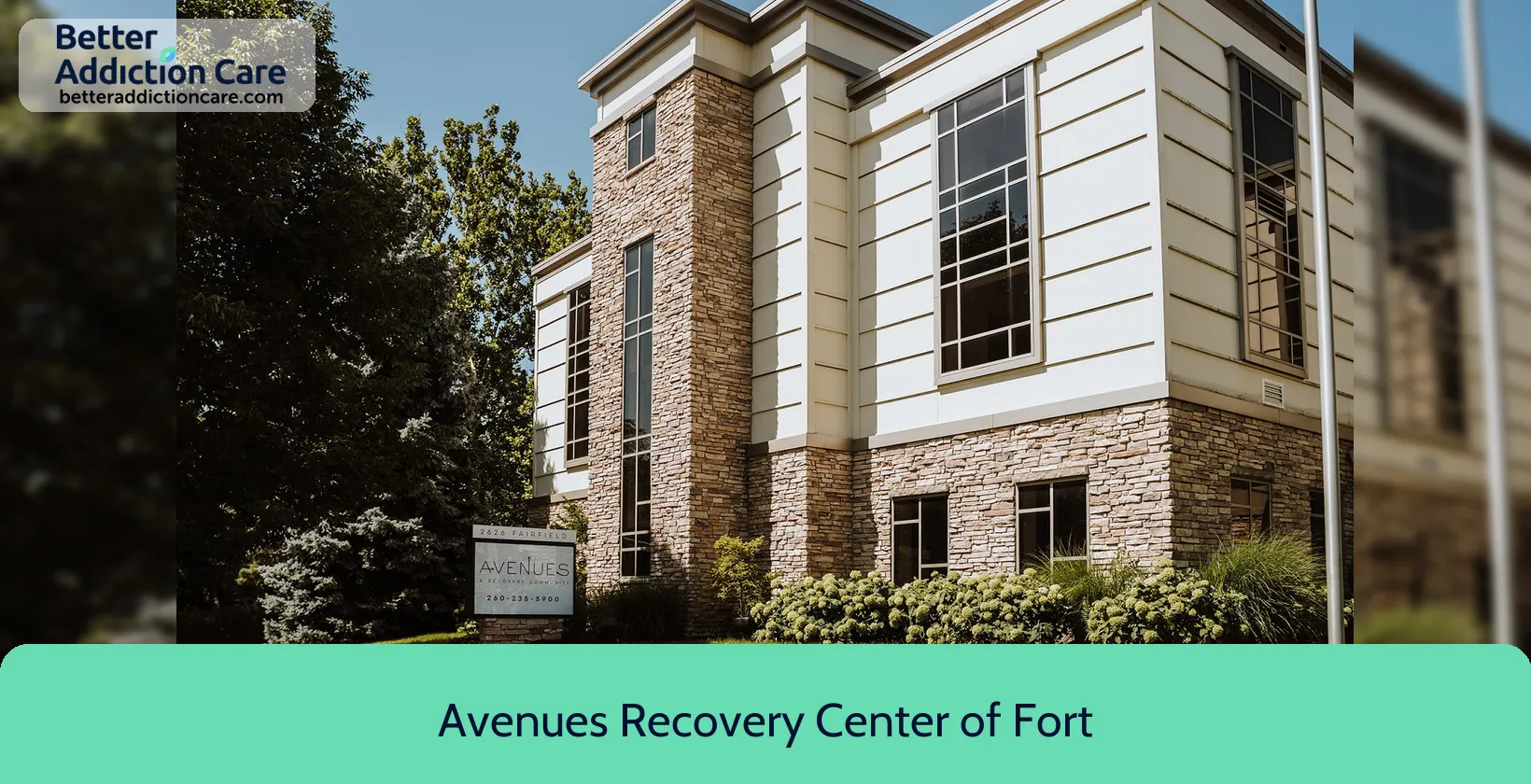
7.68
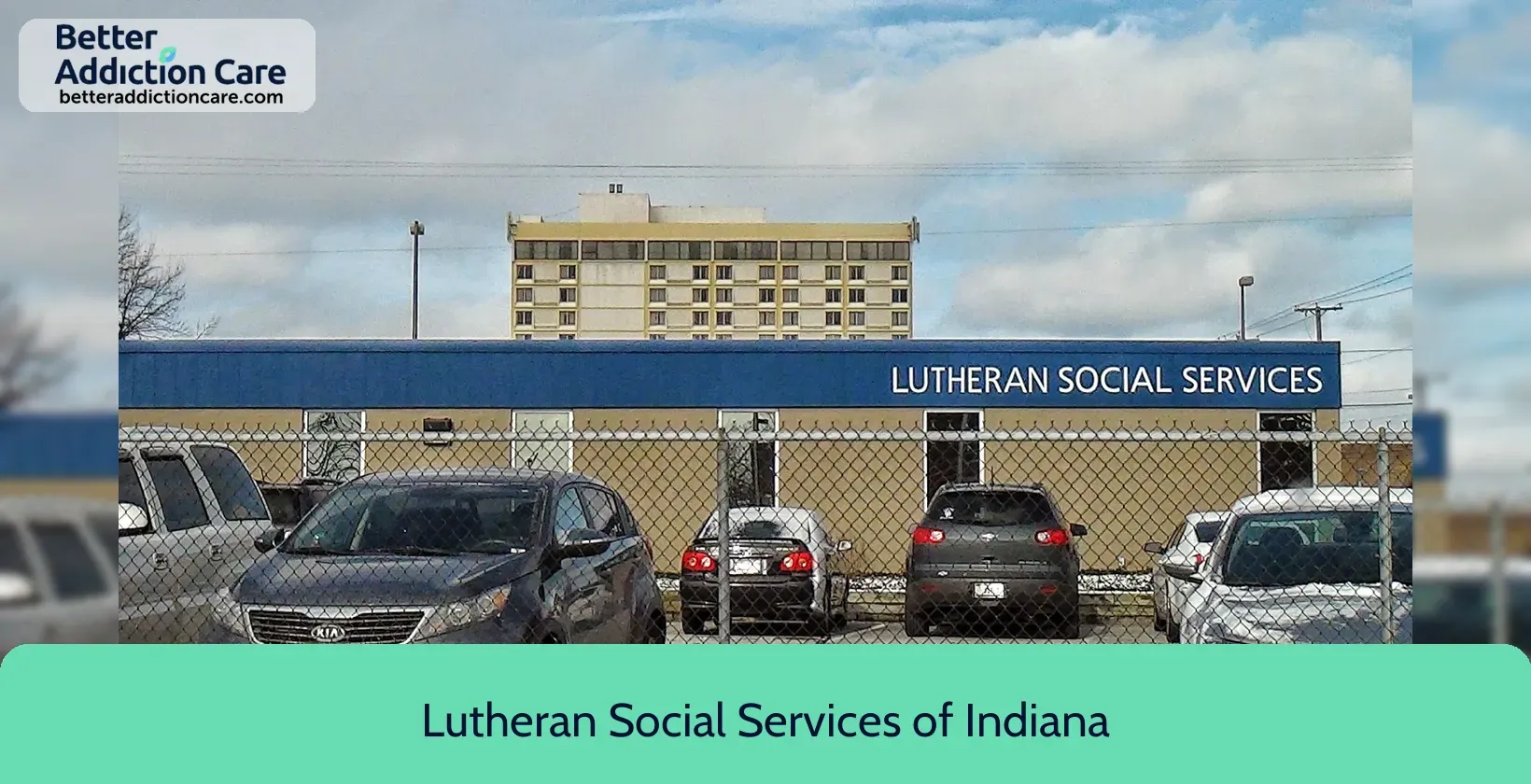
6.77
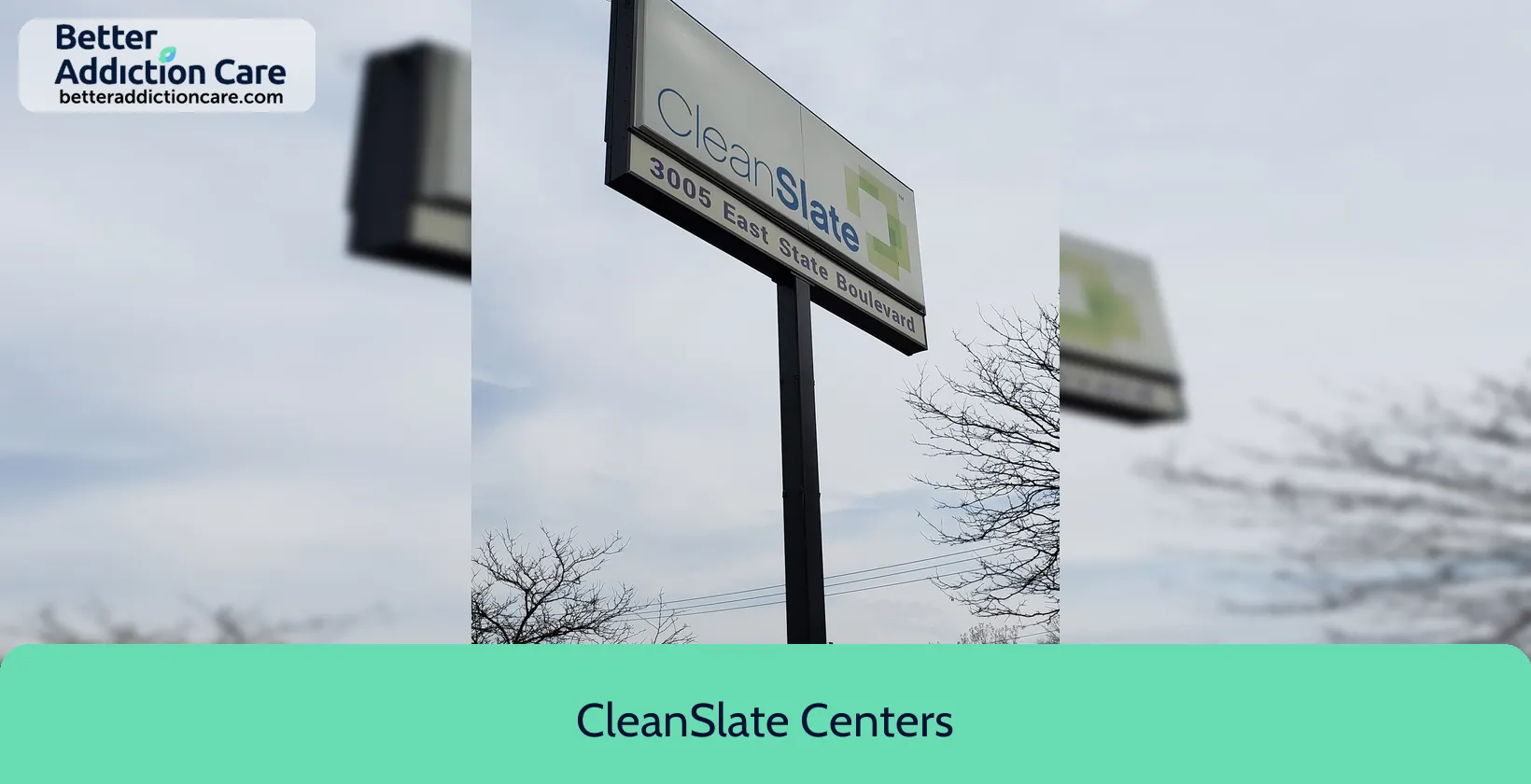
6.88

6.71
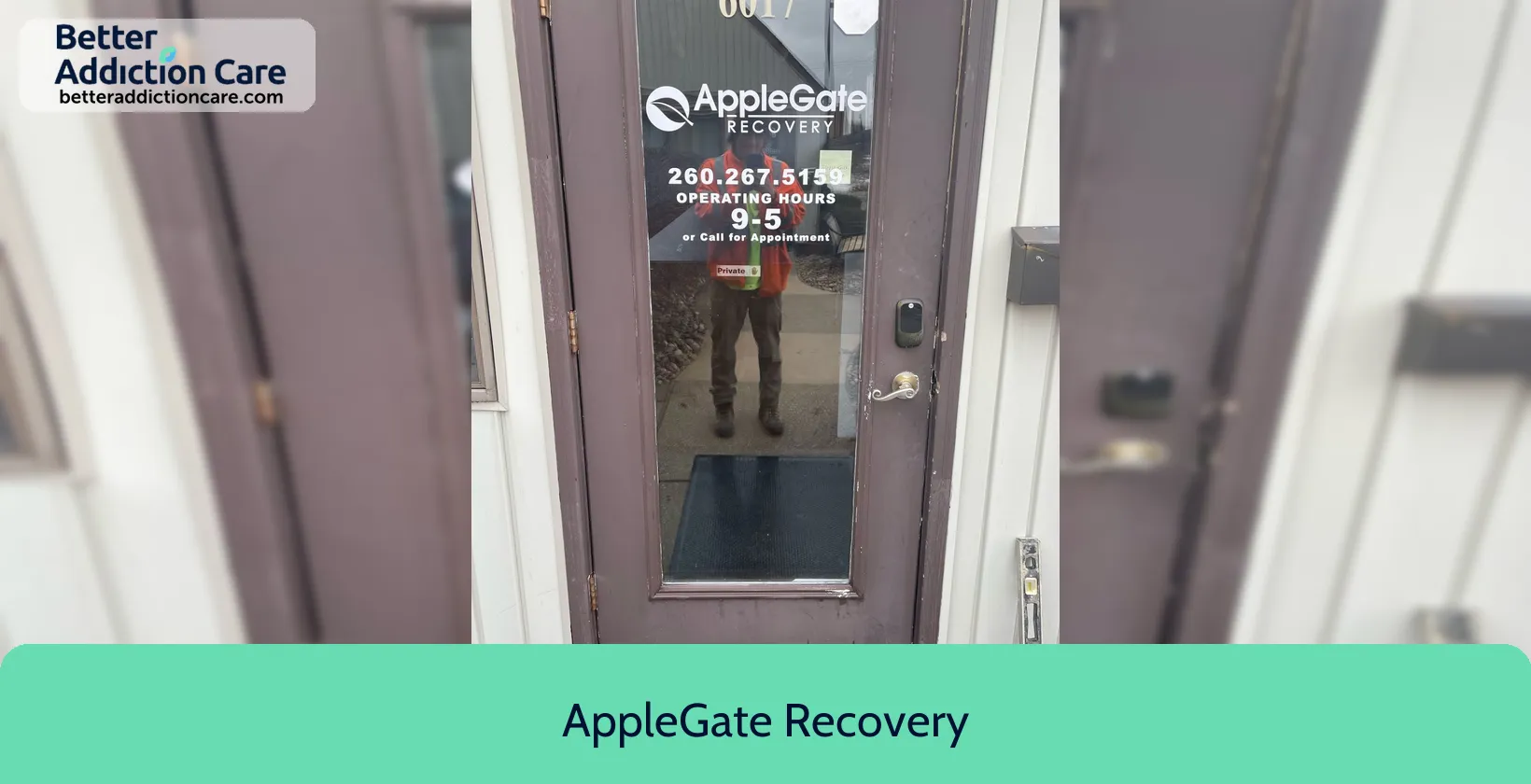
7.30
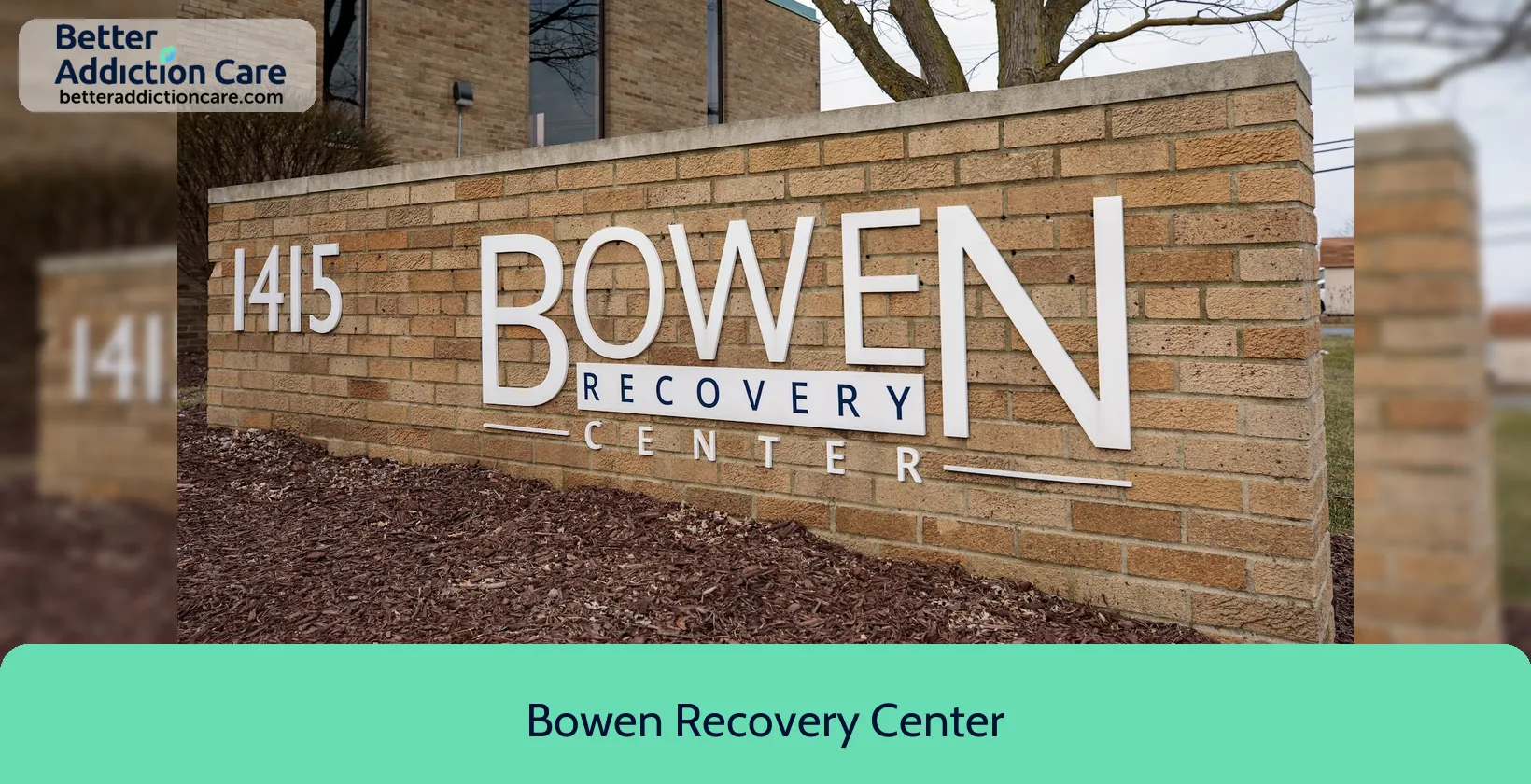
6.85
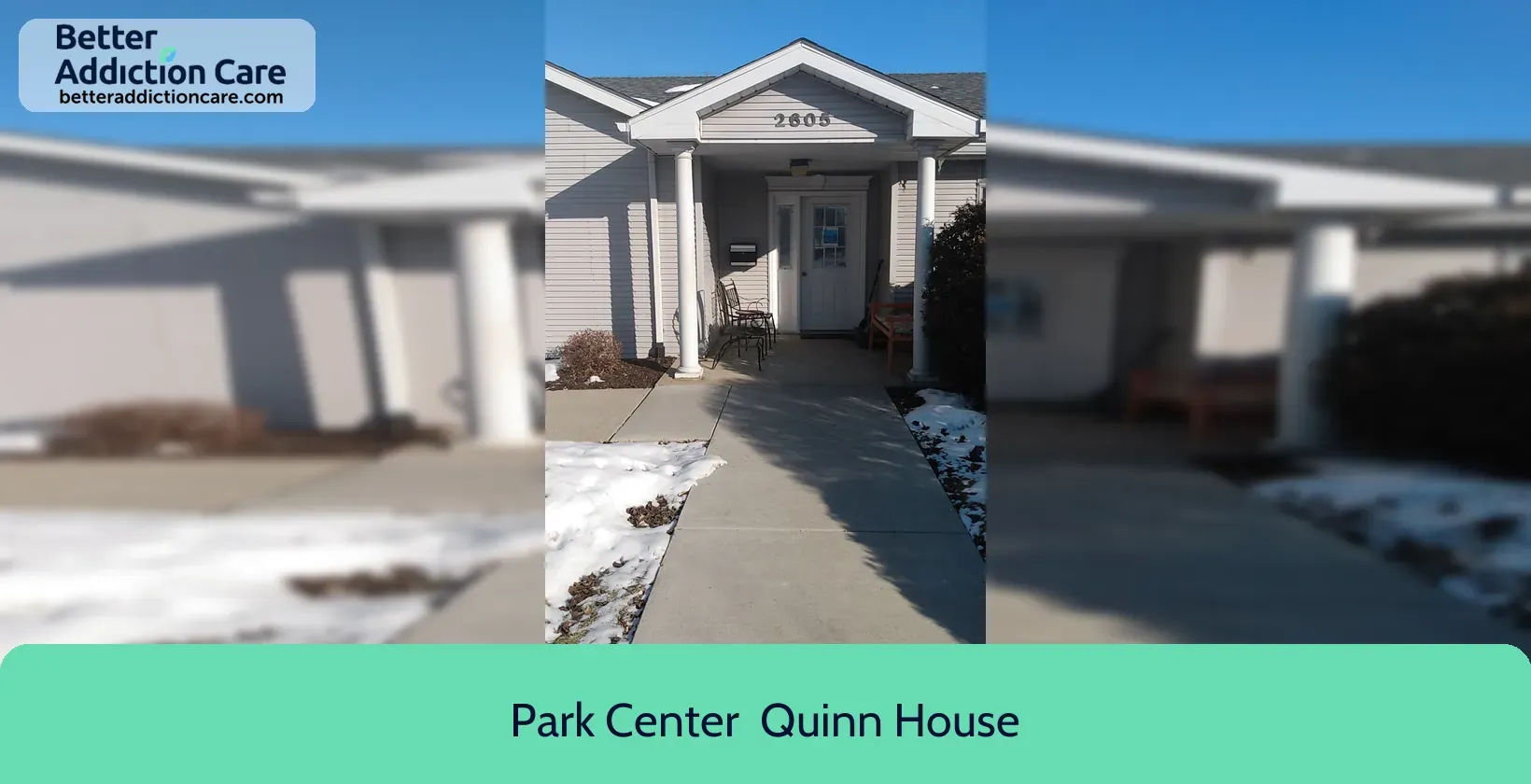
6.59

6.74

6.84

7.29

7.40

6.59

6.65

7.23
Local Rehabs in Indiana
Common Questions About Rehab in Fort Wayne
Take a look at our FAQ. We've tried to fill it with all the answers you're looking for. And if not, contact us on (888) 349-0436.


